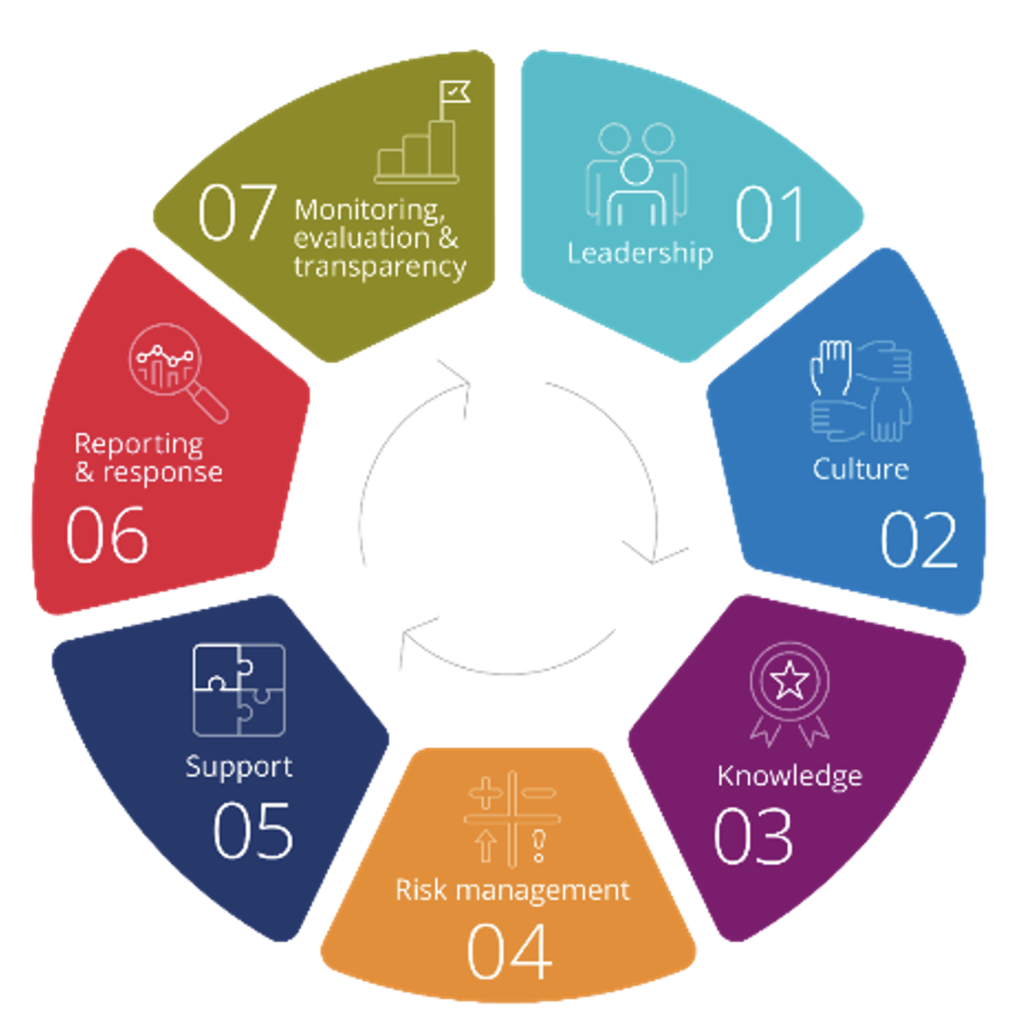Businesses and organisations can now be liable for failing to take steps to prevent sexual harassment and sex discrimination even where an employee has not lodged a complaint.
This is one of the most important changes that businesses and organisations need to understand about their new responsibilities to prevent sex harassment, says lawyer Prabha Nandagopal. Prabha led the development of the Australian Human Rights Commission’s guidance material on the new federal positive duty to eliminate sexual harassment and sex discrimination.
The new positive duty requires business and organisations to take reasonable and proportionate measures to eliminate as far as possible sex discrimination, sexual harassment, sex-based harassment, hostile workplace environments and victimisation (relevant unlawful conduct). It shifts the burden from individuals making complaints to employers taking proactive steps to prevent harassment.
From 12 December 2023, the Australian Human Rights Commission will commence monitoring compliance and enforcing the positive duty.
Prabha Nandagopal says the new positive duty ‘should not be viewed as a regulatory burden, but an opportunity to build healthy and resilient workplaces where all workers can thrive’.
Dr Katie Spearritt, CEO of Diversity Partners, adds, ‘a good way to think about the positive duty is that it’s the foundation of an inclusive workplace where people feel valued, trusted, and safe to speak up.’
That’s why Diversity Partners is collaborating with Elevate Consulting Partners, founded by Prabha, to provide education for leaders about their responsibilities and opportunities to create a safe, respectful and inclusive workplace. The workshop expands education on the compliance requirements with broader inclusive leadership behaviours required for today’s leaders.
Learn more about our new program to create safe, respectful and inclusive workplaces here.
Q & A with Prabha Nandagopal, Founder of Elevate Consulting Partners
Elevate Consulting Partners supports clients to understand and meet their positive duty obligations by working collaboratively to develop bespoke, impactful strategies unique to their workforce context to eliminate harmful behaviours.
Can you explain what the positive duty means?
‘The positive duty provides that an employer or person conducting a business or undertaking must take reasonable and proportionate measures to eliminate as far as possible sex discrimination, sexual harassment, sex-based harassment, hostile workplace environments and victimisation (relevant unlawful conduct). The positive duty shifts the burden away from individuals making complaints and places the onus on employers to prioritise early intervention and prevention.’
Do all organisations need to take action?
‘All Australian employers and persons conducting a business or undertaking need to take action to eliminate sexual harassment and sex discrimination.’
How prevalent is sex harassment and discrimination in Australia?
‘Sexual harassment is pervasive in Australian workplaces.
‘The 2022 National Survey by the Australian Human Rights Commission found that sexual harassment continues to be pervasive in Australian workplaces, with one in three workers experiencing workplace sexual harassment in the last five years. The majority of sexual harassment in Australian workplaces is carried out by men. Half of the incidents are repeated and of those, half are ongoing for more than one year.
‘Fewer than one in five people (18 per cent) who experienced workplace sexual harassment in the last five years made a formal report or complaint about the harassment. Of those who made a report or complaint, 40 per cent said it resulted in no consequences for the harasser.’
The guidance material for complying with the positive duty are centred around seven standards that outline how organisations and businesses can satisfy the new requirements of the Sex Discrimination Act.

Source: Australian Human Rights Commission
Leadership
Senior leaders are visible in their commitment to safe, respectful and inclusive workplaces that value diversity and gender equality. They set clear expectations and role model respectful behaviour.
Culture
Organisations and businesses foster a culture that is safe, respectful and inclusive and values diversity and gender equality.
Knowledge
Organisations and businesses develop, communicate and implement a policy regarding respectful behaviour and unlawful conduct.
Risk management
Organisations and businesses recognise that relevant unlawful conduct is an equality risk and a health and safety risk. They take a risk-based approach to prevention and response.
Support
Organisations and businesses ensure that appropriate support is available to workers (including leaders and managers) who experience or witness relevant unlawful conduct.
Reporting and response
Organisations and businesses ensure that appropriate options for reporting and responding to relevant unlawful conduct are provided and regularly communicated to workers and other impacted people.
Monitoring, evaluation, and transparency.
Organisations and businesses collect appropriate data to understand the nature and extent of relevant unlawful conduct concerning their workforce.

